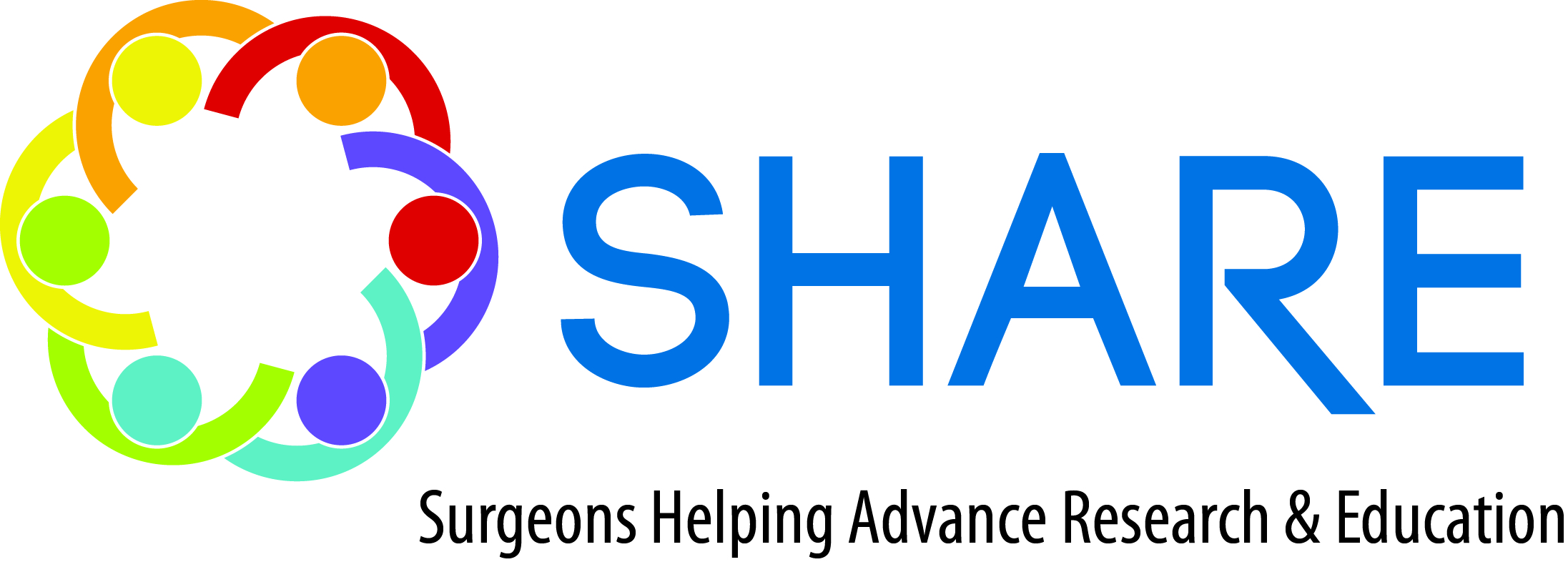PG Courses at the 2021 Annual Meeting
Sunday, June 27, 2021
Course 1: Fibroid Management: Broaden Your Armamentarium for Uterine Conservation - Live Only
Sunday, June 27, 2021 | 8:00 am - 12:00 pm PT
Course Director: Cara King, DO, MS
Course Faculty: Linda Bradley, MD, Kimberly Kho, MD and Kelly Wright, MD
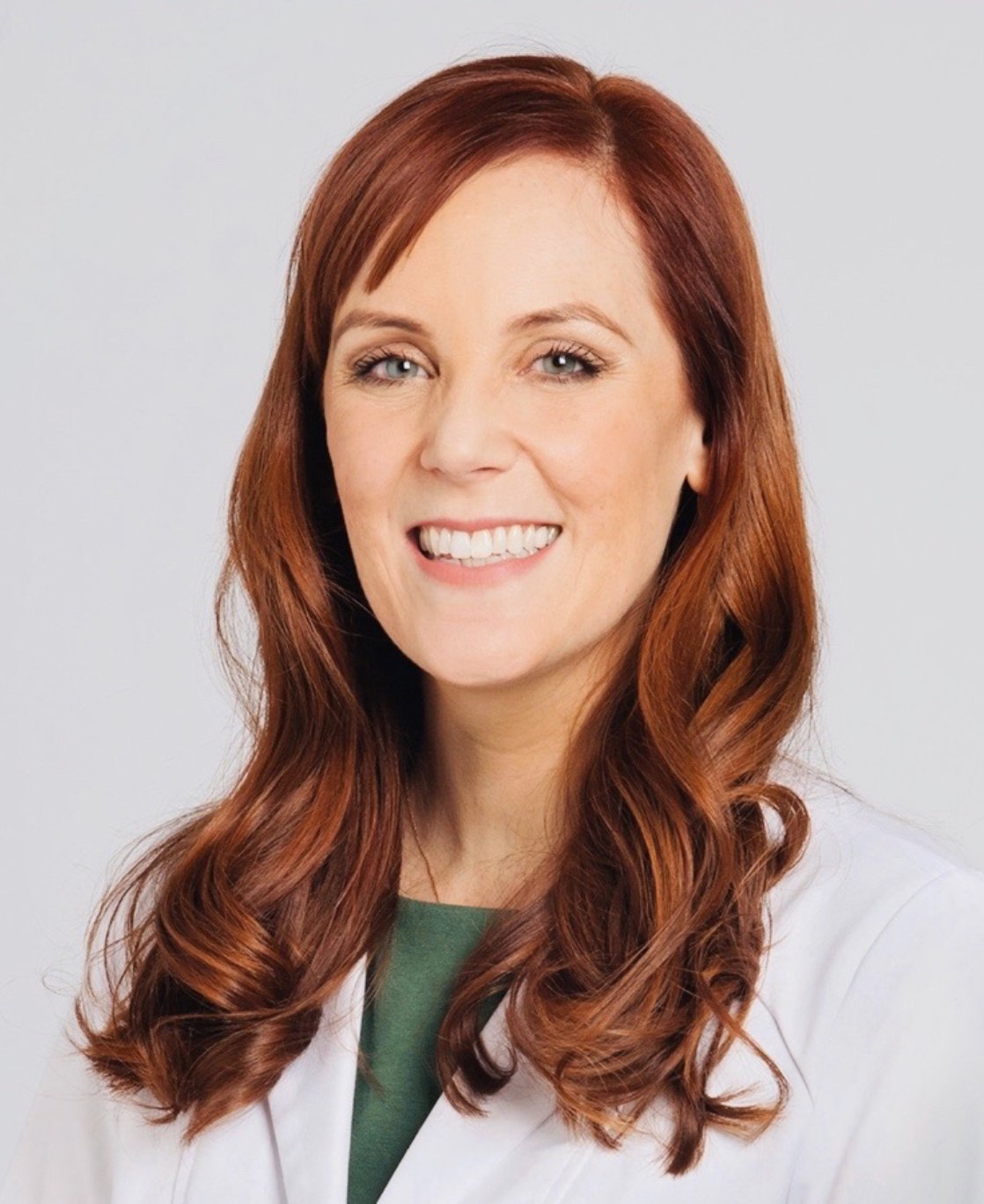 This course will provide a comprehensive overview of fibroid treatment strategies for uterine conservation. A methodical and multi-disciplinary approach will be described utilizing both didactics and video review. Participants will be taught multiple surgical techniques for safe and efficient myomectomy including hysteroscopic, laparoscopic, and mini-laparotomy approaches. Novel medical therapies will be reviewed as first line or adjunct treatment options. Indications for alternate fibroid treatment options including uterine artery embolization and focused ultrasound surgery will also be reviewed. Specific attention will be devoted to the logistics of building a multi-disciplinary team for successful treatment of uterine fibroids. Various methods of tissue extraction will be reviewed for removal of large pathology. Furthermore, opportunity will be offered for personalized case review to assist with individualized coaching for the participants. This course will provide a comprehensive overview of fibroid treatment strategies for uterine conservation. A methodical and multi-disciplinary approach will be described utilizing both didactics and video review. Participants will be taught multiple surgical techniques for safe and efficient myomectomy including hysteroscopic, laparoscopic, and mini-laparotomy approaches. Novel medical therapies will be reviewed as first line or adjunct treatment options. Indications for alternate fibroid treatment options including uterine artery embolization and focused ultrasound surgery will also be reviewed. Specific attention will be devoted to the logistics of building a multi-disciplinary team for successful treatment of uterine fibroids. Various methods of tissue extraction will be reviewed for removal of large pathology. Furthermore, opportunity will be offered for personalized case review to assist with individualized coaching for the participants.
READ MORE...
Course 2: Anti-racism: Dismantling Racism in Your Personal and Professional Spheres - Live or Virtual
June 27, 2021 | 8:00 am - 12:00 PT
Course Director: Blair Washington, MD, MHA, Annetta Madsen, MD
Course Faculty: Olivia Cardenas-Trowers, MD; Oluwateniola ‘Teni’ Brown, MD; Cassandra Carberry, MD, MS; Moiuri Siddique, MD
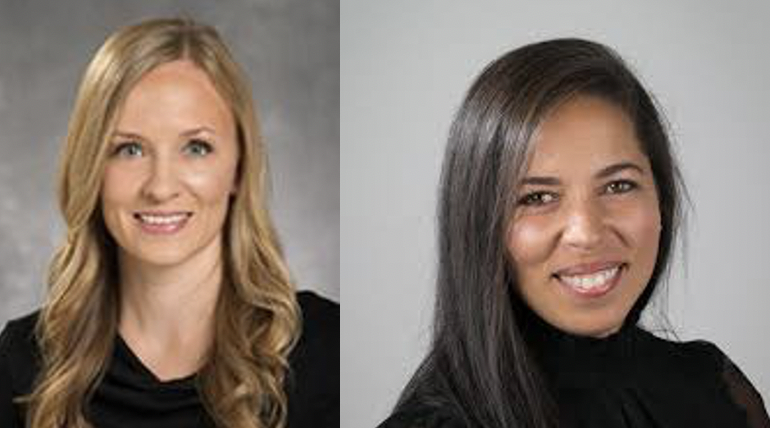
This 4-hour course is designed to facilitate deep reflection on the pervasiveness of racism in the U.S. and to arm participants with strategies to help dismantle racism in their personal and professional lives. During the first hour of the course, we will learn about our individual biases and the capacity that each of us has for racism. In the second hour, we will discuss the prevalence of systemic and structural racism in the U.S. and the impact it continues to have on healthcare. We will define structural racism, its manifestations, and discuss the evidence of the harm it causes underrepresented minoritized (URM) individuals and society as a whole.
The second half of the course will focus on change, with the third hour of instruction on how to be anti-racist. We will discuss what “anti-racism” means and how this approach differs from “unconscious bias” training which has significant limitations. This will lead into the last hour focused on how to invest in diversity, equity, inclusion, and justice in our professional and personal lives. Through facilitated group-discussion, participants will identify ways to create positive change on both an individual and institutional level by challenging racist paradigms within workplace culture, hiring practices, institutional policies, medical decision-making, and other systems and structures that disadvantage our URM patients and colleagues. The tools learned in this course will be invaluable in aiding participants to be active dismantlers of racism, helping to create safer spaces for all, including URM individuals—a win-win!
READ MORE...
Course 3: Multidisciplinary Care Within Your Gynecologic Surgical Practice: How to Effectively (and easily) Incorporate Other Specialties - Virtual Only
Tuesday, June 29, 2021 | 2:00 pm - 6:00 pm PT
Course Director: Cecile A. Ferrando, MD, MPH
Course Faculty: Marie Fidela R. Paraiso, MD, Katie Propst, MD, Risal Djohan, MD, Sandip Vasavada, MD, Sarah Vogler, MD
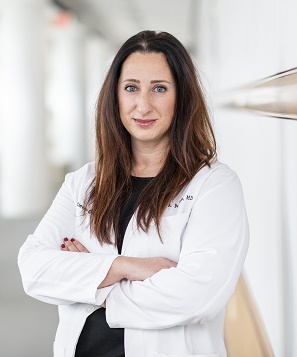 Many gynecologists and gynecologic specialists are hesitant to do combination surgery or offer their patients multidisciplinary care because they have not established an efficient way for their patients to get seen by other specialists or for them to be scheduled in the operating room with multiple surgeons. But, sometimes, this option may be the best for the patient given their co-morbidities and surgical risk as well as degree of bother from their presenting symptoms. Furthermore, some specialists may be unaware of the data that currently exist showing both safety and efficacy of performing combination surgery. Many gynecologists and gynecologic specialists are hesitant to do combination surgery or offer their patients multidisciplinary care because they have not established an efficient way for their patients to get seen by other specialists or for them to be scheduled in the operating room with multiple surgeons. But, sometimes, this option may be the best for the patient given their co-morbidities and surgical risk as well as degree of bother from their presenting symptoms. Furthermore, some specialists may be unaware of the data that currently exist showing both safety and efficacy of performing combination surgery.
During this session, we would like to share our multidisciplinary approach to care and our experiences from our tertiary referral center. Specialists from urogynecology, urology, plastic surgery and colorectal surgery at Cleveland Clinic will share their insight about combining their clinical efforts to render stellar care to patients seeking concurrent procedures and evaluation for their multiple surgical and non-surgical conditions. Participants will leave the session with tools to start building relationships with other specialists outside of their respective departments.
We will also describe our experience working as a multispecialty team within our own Ob/Gyn department, and show how easy it can be, and beneficial for patients to combine this type of care. Participants will also learn how to streamline this multidisciplinary approach so that it is complementary to their practice rather than cumbersome or time consuming. Pearls about co-billing will be shared so that surgeons learn to maximize this aspect of shared patient care. Last, we will provide tips and tricks for how to make the surgical experience smooth and optimal for the patient.
READ MORE...
Workshop: SGS Social Media Committee Presents: Harnessing the Power of Social Media in Gynecological Medicine - Live Only
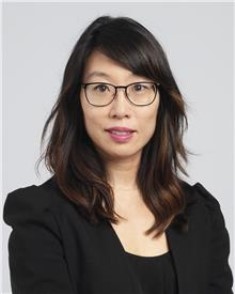 Sunday, June 27, 2021 | 1:30 pm - 4:30 pm PT Sunday, June 27, 2021 | 1:30 pm - 4:30 pm PT
SGS Social Media Committee Chair: Amy Park, MD
Workshop Faculty: Jocelyn Fitzgerald, MD, Mireille Truong, MD, Olga Muldoon, MD, Courtney Fox, MD, Emily Barnard DO, Jovana Tavcar MD, Linda Yang MD, Christine Foley MD, Olivia Chang MD, Kelly Wright MD, Laura Homewood, MD
READ MORE...
|
















 This course will provide a comprehensive overview of fibroid treatment strategies for uterine conservation. A methodical and multi-disciplinary approach will be described utilizing both didactics and video review. Participants will be taught multiple surgical techniques for safe and efficient myomectomy including hysteroscopic, laparoscopic, and mini-laparotomy approaches. Novel medical therapies will be reviewed as first line or adjunct treatment options. Indications for alternate fibroid treatment options including uterine artery embolization and focused ultrasound surgery will also be reviewed. Specific attention will be devoted to the logistics of building a multi-disciplinary team for successful treatment of uterine fibroids. Various methods of tissue extraction will be reviewed for removal of large pathology. Furthermore, opportunity will be offered for personalized case review to assist with individualized coaching for the participants.
This course will provide a comprehensive overview of fibroid treatment strategies for uterine conservation. A methodical and multi-disciplinary approach will be described utilizing both didactics and video review. Participants will be taught multiple surgical techniques for safe and efficient myomectomy including hysteroscopic, laparoscopic, and mini-laparotomy approaches. Novel medical therapies will be reviewed as first line or adjunct treatment options. Indications for alternate fibroid treatment options including uterine artery embolization and focused ultrasound surgery will also be reviewed. Specific attention will be devoted to the logistics of building a multi-disciplinary team for successful treatment of uterine fibroids. Various methods of tissue extraction will be reviewed for removal of large pathology. Furthermore, opportunity will be offered for personalized case review to assist with individualized coaching for the participants.
 Many gynecologists and gynecologic specialists are hesitant to do combination surgery or offer their patients multidisciplinary care because they have not established an efficient way for their patients to get seen by other specialists or for them to be scheduled in the operating room with multiple surgeons. But, sometimes, this option may be the best for the patient given their co-morbidities and surgical risk as well as degree of bother from their presenting symptoms. Furthermore, some specialists may be unaware of the data that currently exist showing both safety and efficacy of performing combination surgery.
Many gynecologists and gynecologic specialists are hesitant to do combination surgery or offer their patients multidisciplinary care because they have not established an efficient way for their patients to get seen by other specialists or for them to be scheduled in the operating room with multiple surgeons. But, sometimes, this option may be the best for the patient given their co-morbidities and surgical risk as well as degree of bother from their presenting symptoms. Furthermore, some specialists may be unaware of the data that currently exist showing both safety and efficacy of performing combination surgery. Sunday, June 27, 2021 | 1:30 pm - 4:30 pm PT
Sunday, June 27, 2021 | 1:30 pm - 4:30 pm PT


